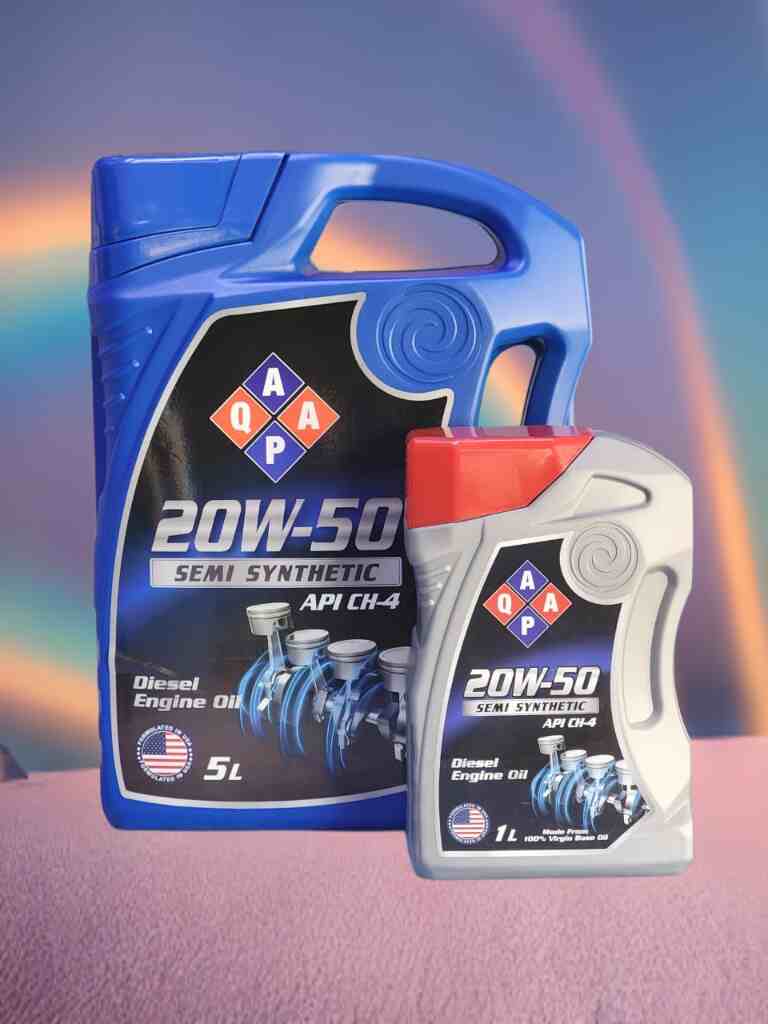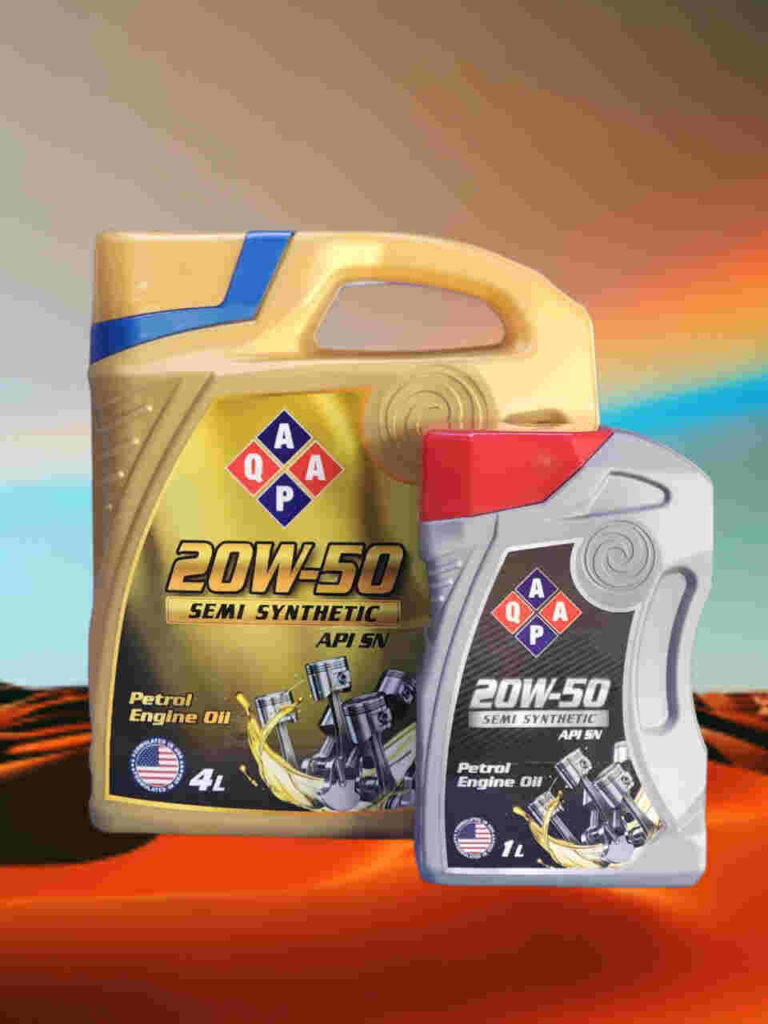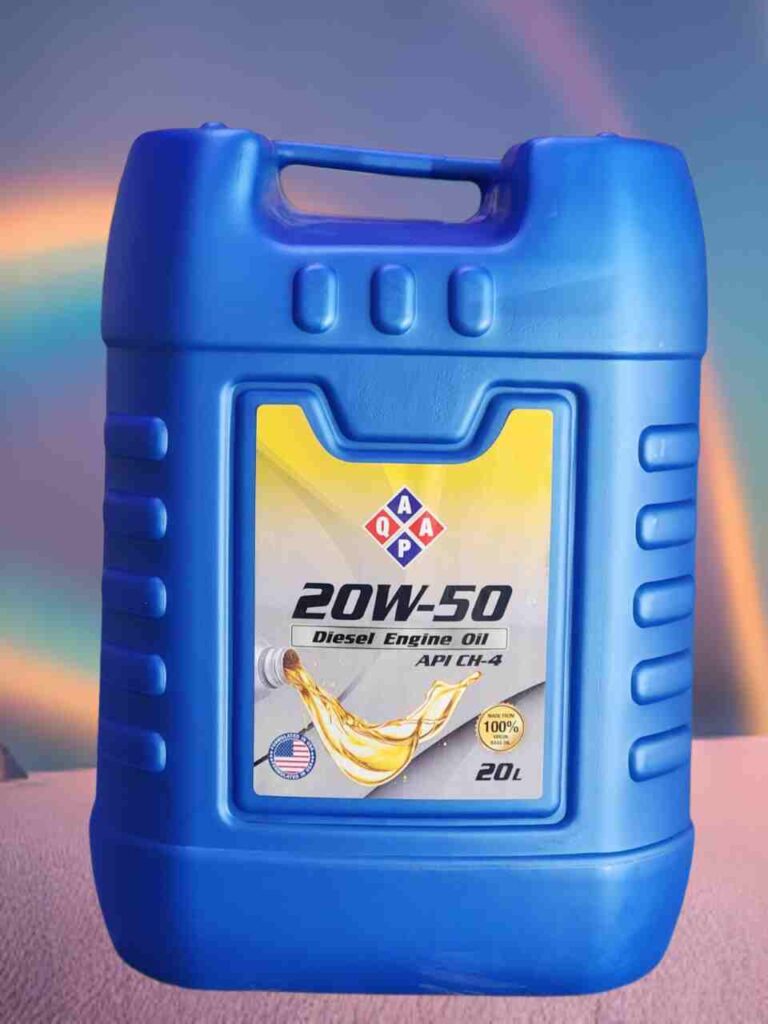What is Oil Viscosity or Oil Weight?
Viscosity is a fluid’s resistance to flow. In case of lubricants the viscosity is very important because it affects the oil’s ability to reduce friction and transfer heat. The viscosity is measured in mPa*s (millipascal-seconds) or its equivalent cP (centiPoise) but in everyday life we don’t use the actual measured viscosity, we use viscosity grades instead. In case of engine oils, these grades, also known as “weights,” were set by the SAE (Society of Automotive Engineers) and in order for a fluid to fall in a given category it has to meet certain limits. These limits are listed in the SAE J 300 table:
SAE Viscosity Grade | Low-Temperature (°C) Cranking Viscosity cP max. | Low-Temperature (°C) Pumping Viscosity, cP max with no yield stress | Low-Shear-Rate Kinematic Viscosity (cSt) at 100 °C min | Low-Shear-Rate Kinematic Viscosity (cSt) at 100 °C max. | High-Shear-Rate Viscosity, cP at 150 °C min. |
ow | 6200 @ -35 | 60000 @ -40 | 3.8 | – | – |
5w | 6600 @ -30 | 60000 @ -35 | 3.8 | – | – |
10w | 7000@-25 | 60000 @ -30 | 4.1 | – | – |
15w | 7000@-20 | 60000 @ -25 | 5.6 | – | – |
20w | 9500@-15 | 60000 @ -20 | 5.6 | – | – |
25w | 13000@-10 | 60000 @ -15 | 9.3 | – | – |
8 |
|
| 4 | <6.1 | 1.7 |
12 |
|
| 5 | <7.1 | 2 |
16 |
|
| 6.1 | <8.2 | 2.3 |
20 |
|
| 6.9 | <9.3 | 2.6 |
30 |
|
| 9.3 | <12.5 | 2.9 |
40 |
|
| 12.5 | <16.3 | 3.5 (applies to 0W-40, 5W-40 and 10W-40 grades) |
40 |
|
| 12.5 | <16.3 | 3.5 (applies to 15W-40, 20W-40, 25W-40 and 40 grades) |
50 |
|
| 16.3 | <21.9 | 3.7 |
60 |
|
| 21.9 | <26.1 | 3.7 |
The numbers that have a W after them are the so-called winter viscosity grades while the numbers that don’t have a W are the so-called summer- or operating temperature viscosity grades. Several decades ago, motor oils either fell in one of the winter viscosity grades or in one of the summer viscosity grades. These products were monograde oils and car owners had to change oil at least twice a year: once for the winter and once for the summer. Thanks to the synthetic base oils and the viscosity modifier additives, nowadays most motor oils are so-called multigrade oils that don’t change their viscosity with temperature that much, so they meet the limits of a winter and that of a summer viscosity grade at the same time. These oils can be used regardless of season. Monograde oils are still used for special purposes but usually not as engine lubricants.
What is the best motor oil viscosity?

There is no single best motor oil viscosity. As a rule of thumb always follow the car manufacturer’s recommendations. Older cars are usually ok with a 10W-30 oil, while newer cars usually like a lower viscosity oil, like 5W-30, 0W-30 or sometimes even 0W-20. It’s important to keep in mind that viscosity is not the only important property of the oil: if there are some further specifications (e.g. API SN or GM Dexos 2) required by the car manufacturer then the oil should meet those specifications and should also have the correct viscosity in order to be used for that particular vehicle.
What is the viscosity index?
Viscosity (actual viscosity, not the viscosity grade) changes with temperature. The hotter the temperature gets the lower is the viscosity, the colder it gets the higher the viscosity. However, the degree of this temperature related change of viscosity is not the same in case of every oil. Some oils change their viscosity more when temperature changes some change less. Those that change less have a higher viscosity index, those that change more have a lower one. (Remember the discussion about the monograde and multigrade oils before? Monograde oils’ viscosities change more as temperature changes multigrade oils’ change less so multigrade oils have higher viscosity indices.) We like oils with higher viscosity indices more because it means that the oil is more stable viscosity-wise. For lubrication purposes there is an optimal viscosity for every engine and the less the oil deviates from this optimum, the better. Synthetic oils have higher viscosity indices making them superior to the mineral oils in this regard as well.



